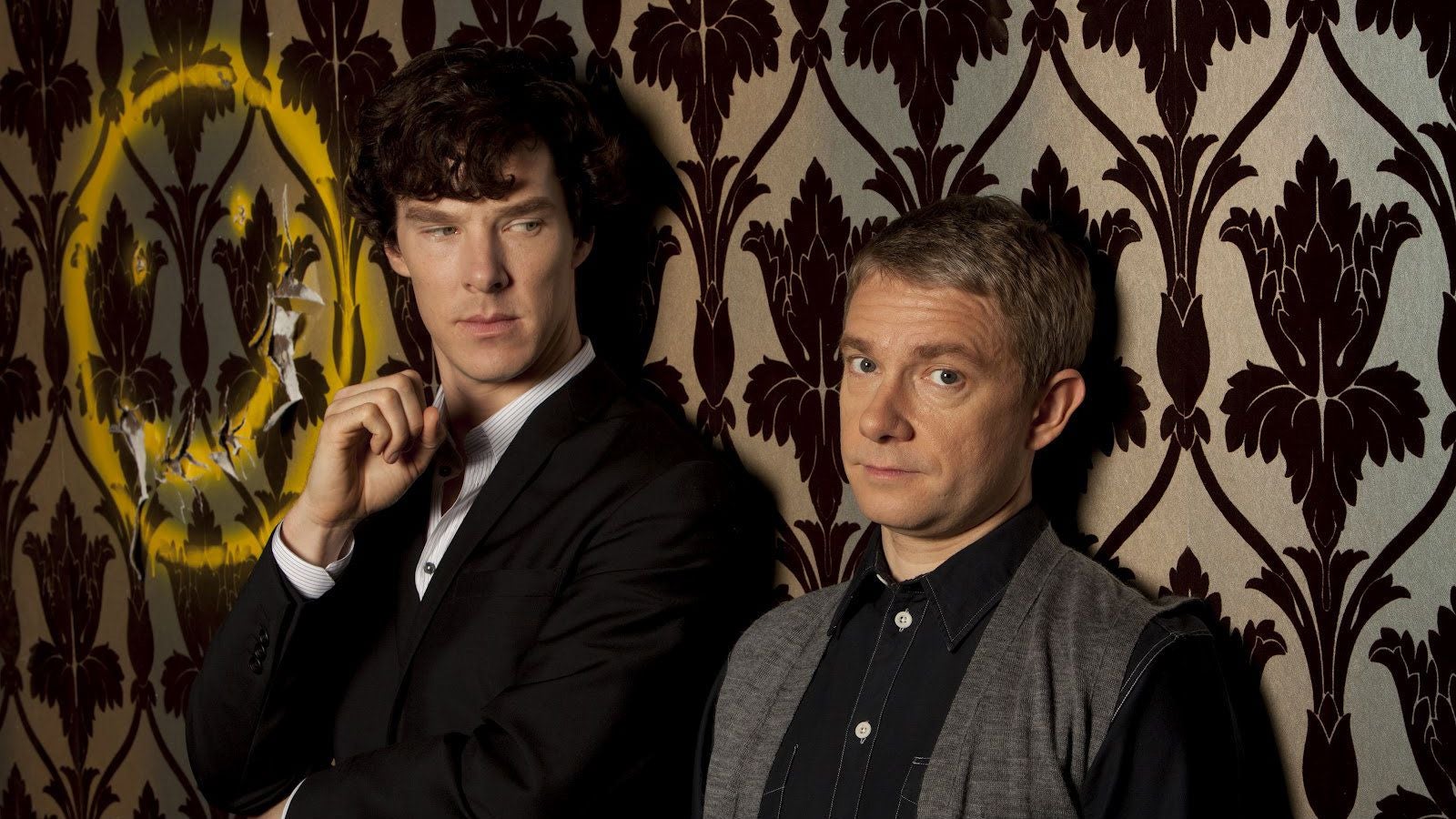Why people love paying for Netflix but hate paying for the BBC
In the United States, nearly 36 million households voluntarily pay some $8 a month for access to Netflix. Add in international subscribers and DVD-only subscribers, and that’s a grand total of 54 million paying subscribers.


In the United States, nearly 36 million households voluntarily pay some $8 a month for access to Netflix. Add in international subscribers and DVD-only subscribers, and that’s a grand total of 54 million paying subscribers.
In the United Kingdom, over 25 million households compulsorily pay £12.13 ($19.57) every month for the privilege of owning a television. This amount—collected yearly—is the “license fee” that UK residents with a television pay to fund the BBC.
In return for the fee, British TV owners get four radio stations, two television channels, a website that streams all the BBC’s radio and TV from the past week, and several more free channels and stations if they have a digital box. The programming across these media covers drama, comedy, movies, children’s shows, sports, live events, and some wonderful documentaries—and precisely zero advertising. It is by any measure great value for money.
But is it a better value than Netflix? The BBC wants to convince skeptics that it is, according to the Financial Times (paywall). The British service argues that it produces more drama per dollar and reaches a wider audience. Both of these are true. Netflix has produced only a handful of original shows, picked up a few others, and backed a few dozen documentaries and stand-up shows. But Netflix is no poor cousin to the Beeb (the BBC’s nickname). The new media darling should have some $5 billion a year in revenue from its subscribers (The forecast for Q3 2014 is $1.2 billion) to the BBC’s roughly $6 billion last year.
So why does Netflix so lag the BBC in production? There are several reasons: Netflix is a mere teenager while the BBC is a well-established nonagenarian. Netflix is in the process of changing its business from delivering to producing content; the BBC was established with a mission to :”inform, educate, and entertain.” Netflix must convince its subscribers to stick around on a monthly basis; the BBC is guaranteed its yearly bounty (evaders are threatened with fines and court action).
But the key is this: It is the voluntary nature of Netflix that makes subscribers feel like they’re getting value. If they spend hours browsing, they conclude it is they who are indecisive, not the service that is lacking in choice. If they don’t like it, they can stop paying. Perception of the BBC is tainted by its compulsory nature. Despite the tremendous news-gathering, Sherlock, Planet Earth, and all the other flagship shows, the British public resents not having a choice in the matter. Yet that is what makes the BBC what it is; without the mandatory fee, it would slowly crumble. It is this dichotomy that both the network and the public must live with.